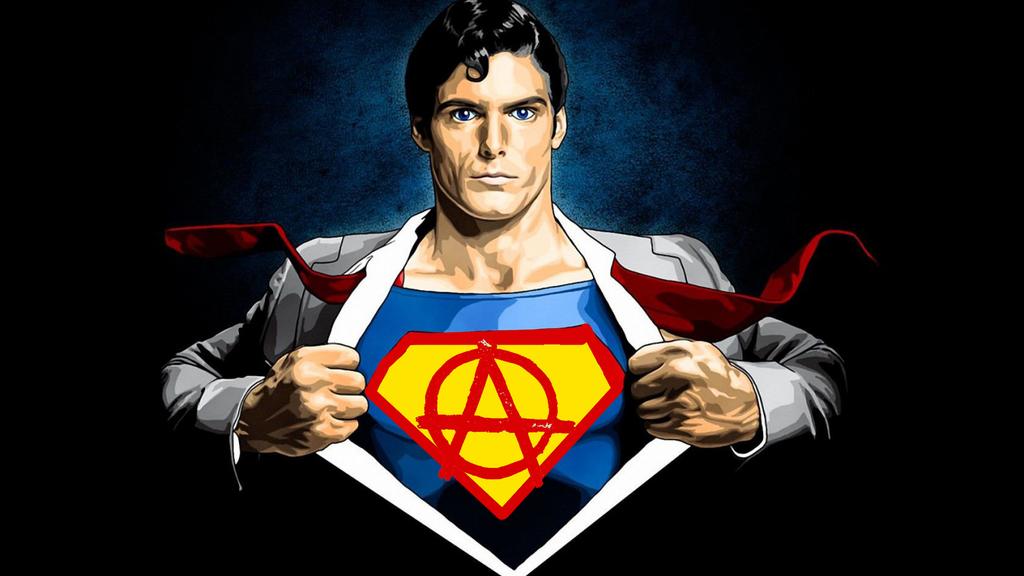Riots on the streets of Athens erupted once more during the past weekend. At least 8,000 demonstrators marched into the centre of the city on Saturday commemorating the sixth anniversary of the police killing of Alexandros Grigoropoulos.
Grigoropoulos’ murder on 6 December 2008 sparked violent clashes across Greece, with cars being burned, shops looted, and police attacked in a number of Greek cities. This time, the protests coincided with the hunger strike by Nikos Romanos, who was a close friend of Grigoropoulos. Jailed for his participation in a bank robbery, Romanos has been on hunger strike for 28 days, demanding to be released from prison to attend a local university that accepted him earlier this year. The government has turned down the request, citing security reasons.
Clashes between 6,000 protesters and riot police erupted in the evening as teargas and water cannon were used to beat back protesters in the Exarchia neighbourhood, where about 200 people hurled stones and molotov cocktails. Dozens of shops were damaged and nearly 100 demonstrators were detained.
Social media has ridiculed the mainstream media’s coverage of the riots under the hashtag “flying anarchists” – mocking a reportage bearing the title “Attacks on riot police by parkourists on the terraces of Exarchia”. These reactions, which are far from rare, are indicative of the disillusionment with the government’s handling of protest marches, and of the use of excessive police force. They come at a moment that finds the Greek government under great pressure by the opposition, especially after the anticipated exit from the country’s bailout memorandum before 2015 fell through.
In a latest development the prime minister declared the primary elections for the president of the republic would be held on 17 December. The opposition, however, is betting on the government not gathering the 180 votes needed to elect the president in the parliament, thus giving way to a general election.



